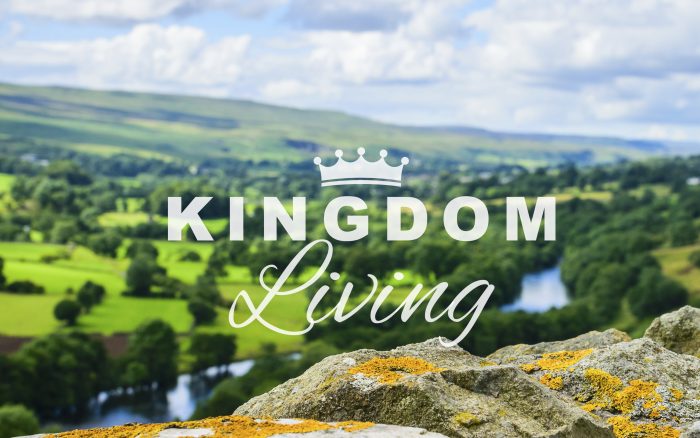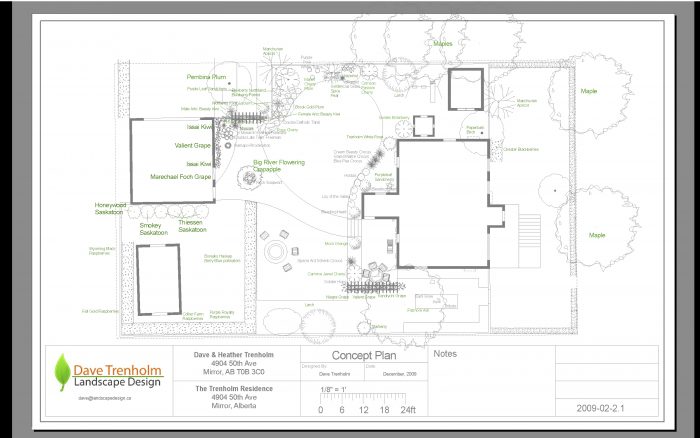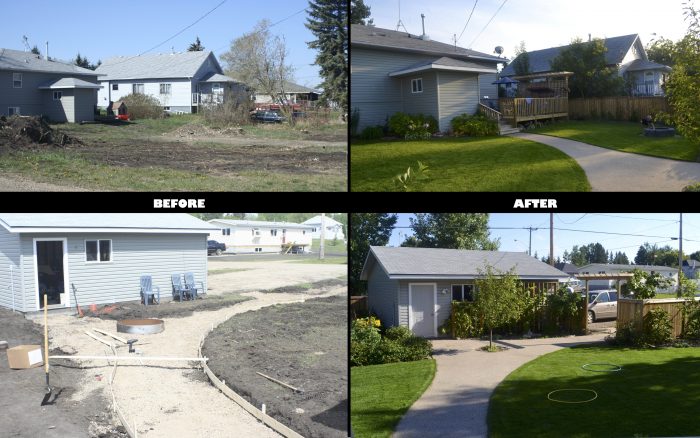Well, we’ve been reading through the book of Samuel and we’ve now made it to chapter 9. And even though this book is called “The Book of Samuel”, Samuel actually isn’t the focus of the majority of the book.
Of course, as you’ve noticed, in the first 8 chapters, the story did revolve primarily around Samuel (around his birth, life, and ministry) – but for the next 46 chapters, the focus shifts… and Samuel becomes more of a supporting character, while others take the centre stage.
And that shouldn’t be too surprising because as we noted last Sunday, the era of the Judges has now ended (with Samuel being the last of them) and a new era of Kings is about to begin.
Last Sunday we read how the people of Israel no longer wished to be led by Judges – they wanted to have king like all the other nations around them. Mind you, they already had a King – God was their King – and in reality, they were rejecting God as their King – not Samuel as their judge.
But to make a long story short, even though God knew that human kings would never serve Israel as well as He did, none the less, at their insistence, God choose to grant them their request and He agreed to give them a King.
And that’s just what we’re going to read about today.
1 Samuel chapter 9, verse 1 begins like this:
There was a wealthy, influential man named Kish from the tribe of Benjamin. He was the son of Abiel, son of Zeror, son of Becorath, son of Aphiah, of the tribe of Benjamin. 2 His son Saul was the most handsome man in Israel—head and shoulders taller than anyone else in the land. 1 Samuel 9:1-2
And I’ll just pause here for a moment because this is kinda interesting. In the chapter just before this, the people of Israel asked God to give them a ‘king to lead them’, right? They didn’t want to be led by an invisible God, they wanted to be able to see their king leading them into battle! They wanted a king that would look like a king.
And this fellow Saul certainly fit that bill! He’s was just the kind of man you’d expect to be king! As we just read, he came from a wealthy, influential family. He was good-looking – in fact, he was described as the most handsome man in nation! And on top of that, he was a goliath of a man! – standing head and shoulders taller than anyone else! He was tall, dark, and handsome – and wealthy to boot!
If the Israelites wanted a king that looked like a king – Saul would certainly be on the short-list! But of course, being a king isn’t all about appearances, but I just found it interesting that as far as appearances go, Saul was just about as Kingly as they come!
Anyways… let’s keep reading and let’s see what else we can learn about this Saul fellow. Verse 3
Leave a Comment


